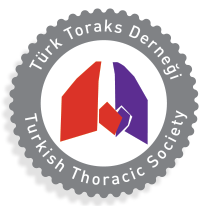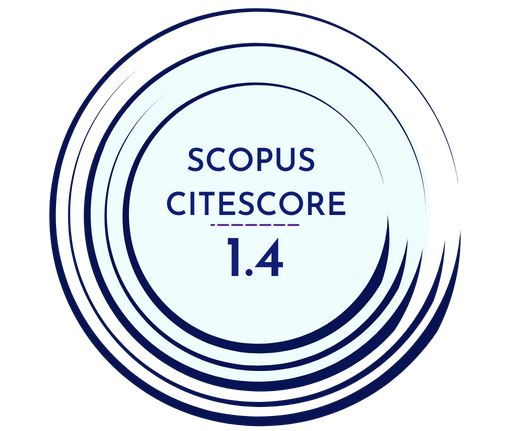Abstract
In this review, the time course for resolution of infectious pneumonia and the diagnostic algorithm in delayed resolution is discussed A slowly resolving pneumonia is a condition that responds to optimal therapy but in a period considered excessively long. According to many authors, the definition of slowly resolving pneumonia is failure of the radiological findings to resolve within 4 weeks. The main factors in slowly resolving pneumonia are cigarette smoking, alcohol, chronic obstructive pulmonary disease and old age. There is no relationship between symptoms, physical findings, laboratory results and radiological resolution in patients. However, radiologic progression, extension of lesions in chest X-ray are important conditions in delayed resolution. Any comorbid illness, many drugs and immunsupressive conditions can cause slow resolution of pneumonia.
The patients should be reevaluaed when the treatment for their pneumonia fails. Tuberculosis, neoplastic lesions, thromboembolism, drugs and rarely fungal diseases should be considered in nonresolving pneumonia. Bronchoscopic procedures, advanced radiological examination (computed tomography of thorax and ultrasonography etc.) are necessary to evaluate the patients.
Another important problem is recurrent pneumonia. Recurrent pneumonia can be defined as distinct episodes of pneumonia with fever, infiltrates and leukocytosis, occuring in the same patient at least twice within 1 year. The definition requires complete resolution for at least 1 month between episodes to differentiate betwen recurrent and nonresolving pneumonia. To evaluate recurrent pneumonia clinical and radiologic features must be considered. Computed tomography of thorax, bronchoscopy, perfusion lung scanning are most useful in preliminary evaluation of recurrent pneumonia.



.png)
